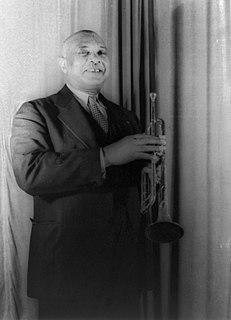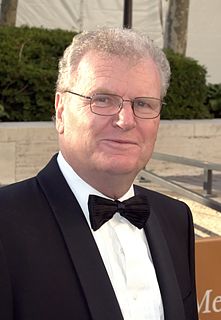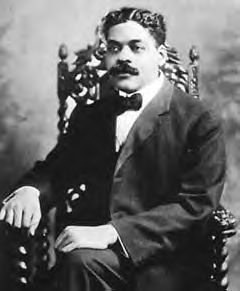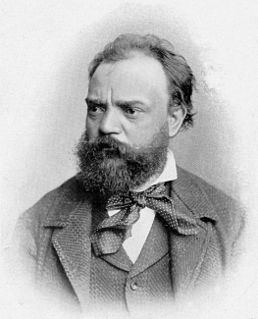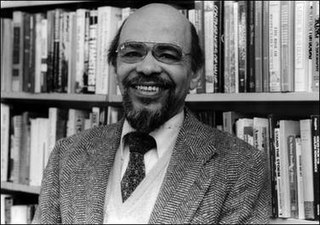A Quote by William Christopher Handy
I think America concedes that true American music has sprung from the Negro.
Related Quotes
Foreigners have a complex set of associations in their minds when they think of America - from Iraq to 9/11, certainly, but also from Coke to jeans. It is entirely possible for people around the world to love American products, American books, American movies, American music, and dislike the policies of the government of America.
I maintain that I have been a Negro three times--a Negro baby, a Negro girl and a Negro woman. Still, if you have received no clear cut impression of what the Negro in America is like, then you are in the same place with me. There is no The Negro here. Our lives are so diversified, internal attitudes so varied, appearances and capabilities so different, that there is no possible classification so catholic that it will cover us all, except My people! My people!
The matriarchal society is thus the decadent and broken. The strongly matriarchal character of Negro life is due to the moral failure of Negro men, their failure to be responsible, to support the family, or to provide authority. The same is true of American Indian tribes which are also matriarchal today.
When we look at the arts and letters in America, especially if we look at poetry, and poetry set to music, this dialogue, we have this very powerful beautiful, eclectic, diary, or narration of being in America, being American, participating in America, becoming more of America and also as an American, the American creative spirit, which is quite interesting. Our composers and poets have spent more time writing and thinking and speaking out of what it means to be a composer or poet as well as to be an American, or a composer or poet In America; both relationships.
The American movie, in part because America's a melting pot, the cultural hodgepodge that America makes, generates movies that have appeal across all international boundaries. And that's really not true for most domestic film industries. It's no longer true of France and Italy, less true than it used to be of the U.K.
The American Negro must rebuild his past in order to make his future. Though it is orthodox to think of America as the one country where it is unnecessary to have a past, what is a luxury for the nation as a whole becomes a prime social necessity for the Negro. For him, a group tradition must supply compensation for persecution, and pride of race the antidote for prejudice. History must restore what slavery took away, for it is the social damage of slavery that the present generation must repair and offset.
Alpha Phi Alpha, the oldest of Negro Fraternities, with all of its members presumably far above the average American and having a good practical understanding of the salient factors involved in the Negro's problem, and which a membership upwards of eight thousand men, should be able to take into their hands the leadership in the Negro's struggle for status.
